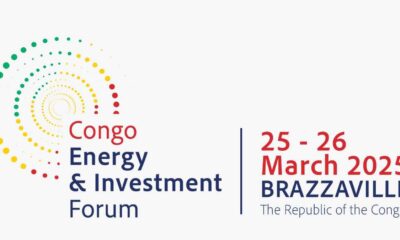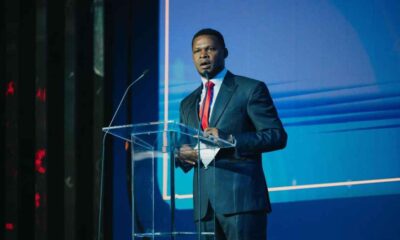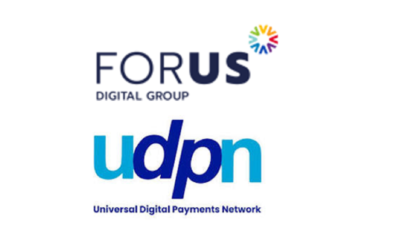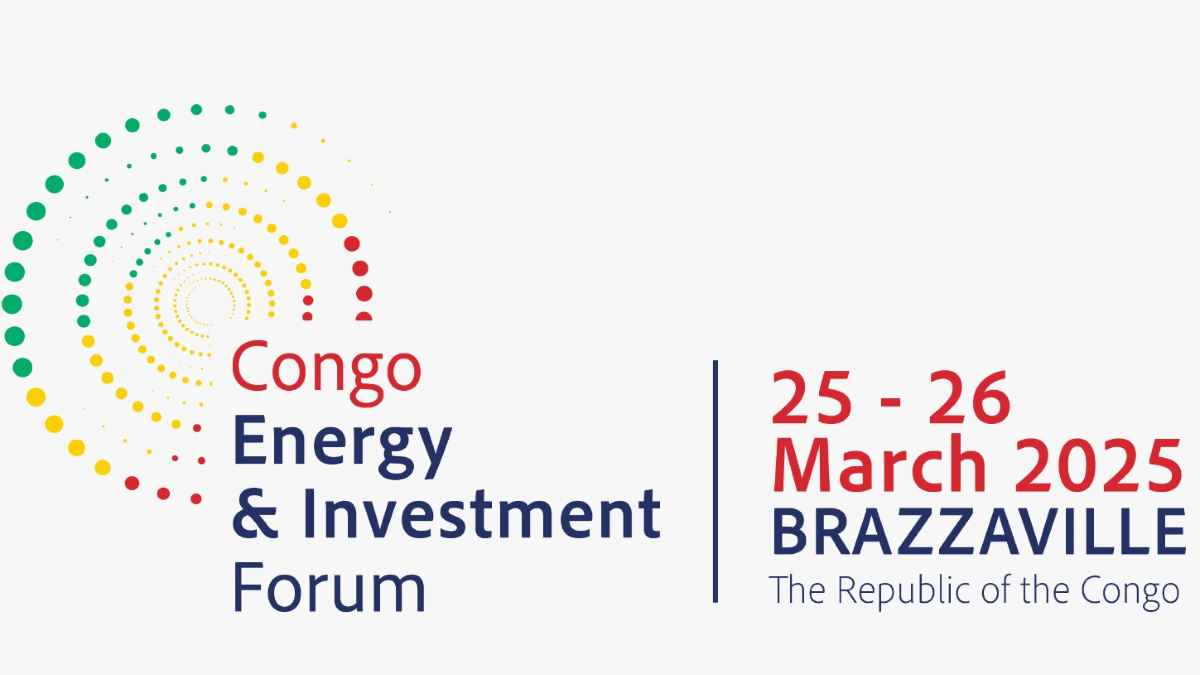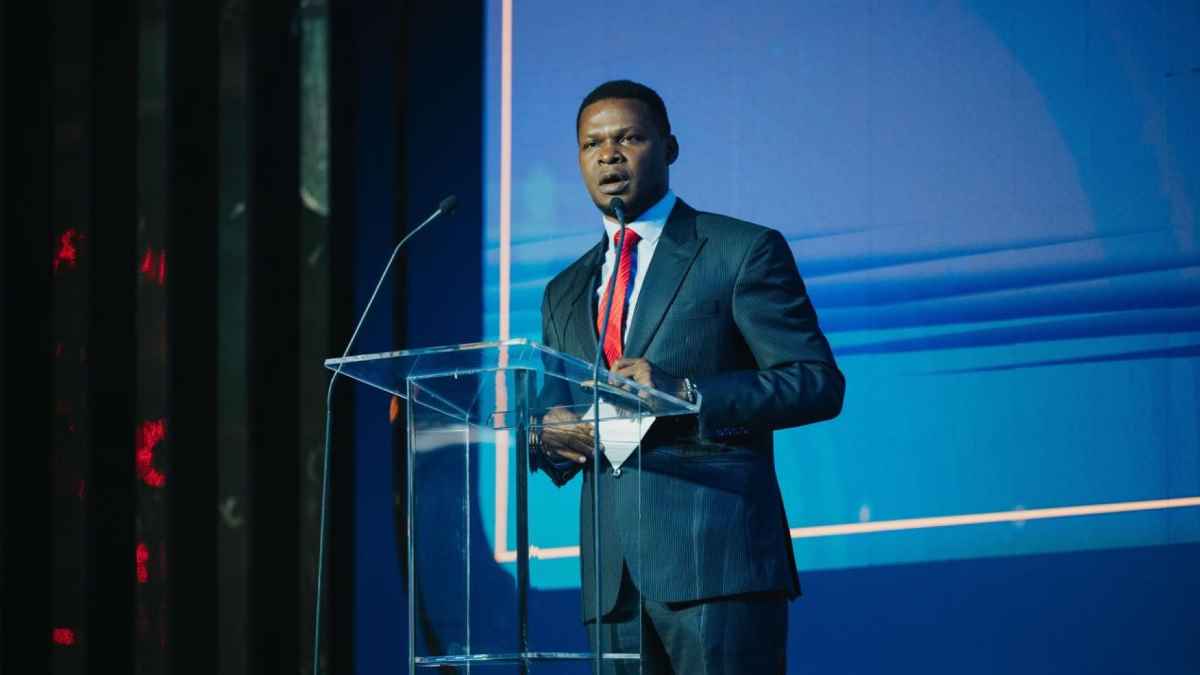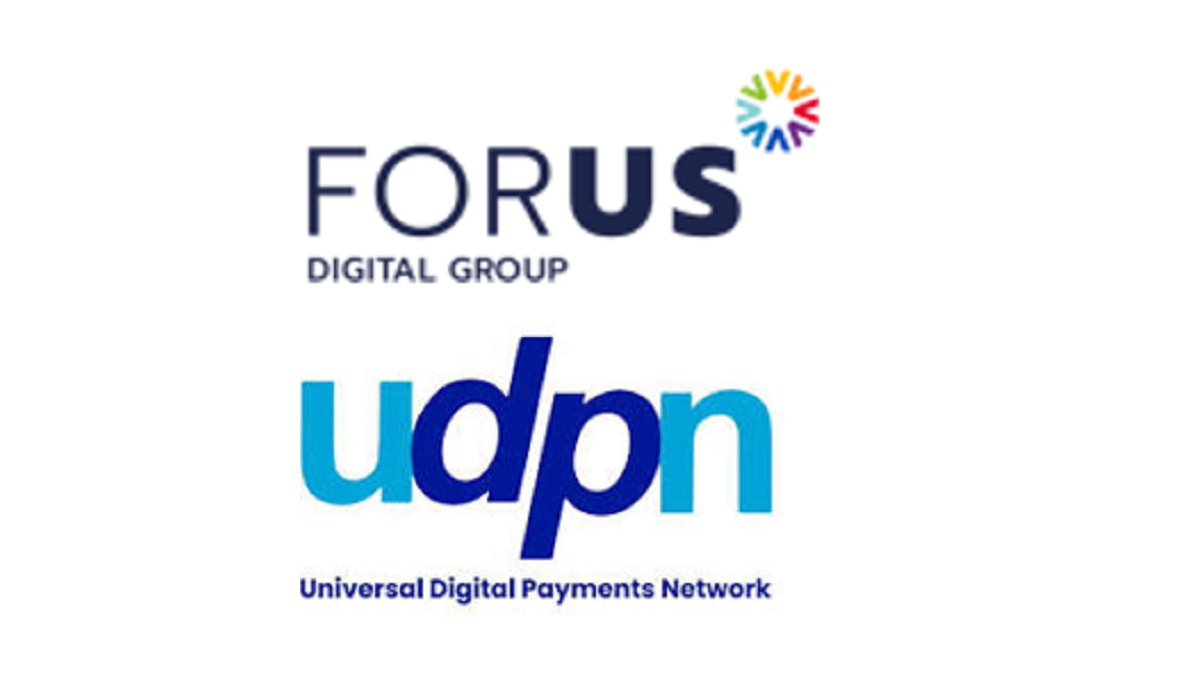The scale of projects that could be financed in a country were then limited by the fiscal capabilities of that country and the sovereign guarantees it could provide
CAPE TOWN, South Africa, August 15, 2024/APO Group/ —
By Ana Hajduka, founder and CEO of Africa GreenCo (www.AfricaGreenCo.com).
As Africa’s energy sector deregulates, exciting opportunities open up for financial innovation to benefit consumers. Private-sector buyers and traders can mitigate default risk and provide certified green energy at lower cost, writes Ana Hajduka, founder and CEO of Africa GreenCo.
Africa’s renewable energy potential is undeniable, but it remains largely untapped. The problem is that the financing landscape for renewable energy and other projects in Africa was previously reliant on state utilities as buyers.
The scale of projects that could be financed in a country were then limited by the fiscal capabilities of that country and the sovereign guarantees it could provide.
This traditional model of relying on countries to provide such guarantees has faced recent challenges, because of increasing debt burdens, and shifting economic priorities.
Opportunities have therefore emerged for innovative financial approaches that will ensure more guarantees can be acquired from other sources and that risk can be diversified across a portfolio of suppliers and customers. This would see more projects achieving financial close, to ultimately provide more African people with clean energy.
There is also room to not only grow new renewable energy supply, but to create new renewable energy markets on the continent, where that supply can be sold.
As a consequence, the market is opening up to allow alternative buyers of new renewable energy, which can utilize existing regional competitive energy markets to diversify its risks – buyers such as GreenCo.
This is extremely relevant at the moment. Legislation like South Africa’s Electricity Regulation Amendment Bill, is set to open up the electricity sector to new supply and trading models. This foreshadows the opening of a competitive spot market for electricity trade in South Africa – linking in the future the South African spot market with that of the Southern African Power Pool.
Namibia did something similar a couple of years ago, as did Zambia.
These regulatory market developments are important as they facilitate innovation and new private sector business models through which there can be a scale up of bankable offtake agreements for new supply. The problem in the region is not lack of projects. It’s not lack of funding. It’s earning enough lender trust to lend on the back of a 20-25 year power purchase agreement backed by a private sector buyer without state fiscal support.
Transmission capacity
Transmission constraints are another factor in this emerging scenario. The development of the electricity sector across the region effectively has a ceiling, determined by the available transmission network for new generation.
Previously, development finance institutions would only fund state utilities, and then only when it was proved that sufficient generation would be coming on board to utilize any new transmission infrastructure.
Now, thanks to the growing liberalisation focus in the region, allowing new private sector participants to buy and trade power, these transmission funding inflows can be facilitated. This new supply will be critical to making new transmission investments bankable.
For an entity like ours, it’s also a chance to show potential customers and suppliers the bankability of our own offtake
If the private sector can sufficiently guarantee that any proposed new capacity coming on board will utilise the necessary transmission infrastructure, that new capacity effectively backs the viability of the new transmission investing – bringing a direct value add to the state utilities in South Africa and the rest of the SADC region.
Regulatory readiness
But for all of this to fall into place, we need a convergence of the relevant regulatory readiness – and we are already seeing this across the region. In many SADC countries, new legislation is providing the regulatory clarity that the private sector requires to venture into supply, transmission and trade.
The entire ecosystem must work for new entrants, and lenders. Until now, lenders have seldom considered state utilities to be creditworthy, and they have required significant fiscal guarantees to cover the power-purchase obligations of those utilities.
That model is a double whammy. Not only does it encumber utilities with debt for new generation, but it hits the national fiscus as well.
In South Africa, for example, the widely respected REIPPP process has brought online a significant amount of new generation. However, once the South African government started reporting on the process in accordance with IMF fiscal transparency regulations, this added an additional 36% to the contingent liabilities of the national treasury – almost $15 billion – overnight. That is money that can no longer be channeled into education, health and other key infrastructure development (water, transmission etc).
The REIPPP model has been extremely successful in the electricity sector, but it has perhaps outlived its usefulness. There are other priorities, and the private sector should be sufficiently capable to deliver on its own, with the lending community partnering accordingly.
The REIPPP model can be replicated in cases such as storage tenders, and in the transmission space. While transmission is usually considered a government function, it would certainly be possible to incentivize the private sector – and lenders – to enter the space.
New licensees
Across the region, markets are liberalising rapidly. South Africa has shown it can happen almost overnight, as in the case of the country’s generation regulations. This has allowed third-party wheeled projects, from generators directly to customers, and facilitated new license applicants in the market such – such as GreenCo.
This shows how market thinking about the development of the electricity sector has fundamentally changed. There is collaboration like never before.
For GreenCo, events like the forthcoming AOW event offer opportunities to align with mining, commercial and industrial offtakers, as well as suppliers and IPPs. For an entity like ours, it’s also a chance to show potential customers and suppliers the bankability of our own offtake; that lenders have confidence in our power purchase agreements.
Financial innovation must happen in a way that makes lenders comfortable. What that looks like in our case is that all our payment obligations are backed by an internationally AA- credit rated guarantee provider GuarantCo.
We are entering the South African market operationally ready to supply customers within South Africa and outside; and with financial readiness in the form of innovative guarantee structures to be considered bankable in the market.
The ultimate beneficiaries of this financial innovation must be the consumers. Many are looking to decarbonise their operations – for climate change reasons, and to make their products competitive on international markets.
Affordability is another key consideration. In our case, by being able to provide sufficient operational and financial risk mitigation to the lenders of the generators that supply to us, we can supply electricity far more affordably.
Around 70% of the costs of a generation or renewable energy project is from the cost of debt. Therefore, the more bankable an offtaker is, the lower the debt costs, and the cheaper the electricity – a clear demonstration of the benefits of financial innovation for the end consumer.
- AOW: Investing in African Energy unites industry leaders to develop policy, share discoveries, secure investment, and shape Africa’s energy future. The event runs from October 7 – 11 at the CTICC.
Distributed by APO Group on behalf of AOW: Investing in African Energy.

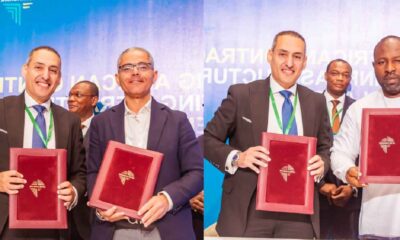
 Business4 days ago
Business4 days ago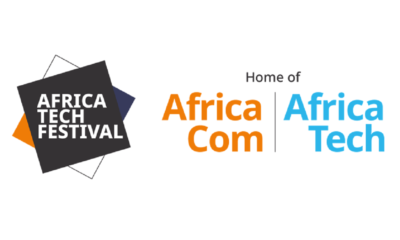
 Business4 days ago
Business4 days ago
 Business4 days ago
Business4 days ago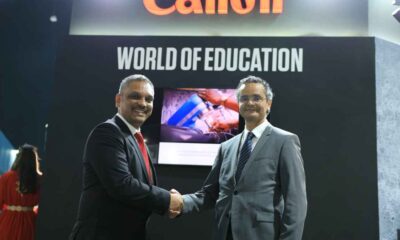
 Business3 days ago
Business3 days ago
 Business4 days ago
Business4 days ago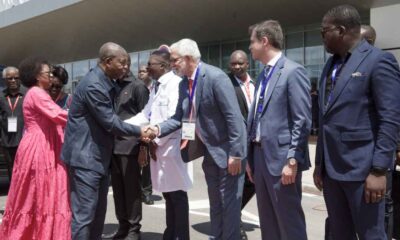
 Business4 days ago
Business4 days ago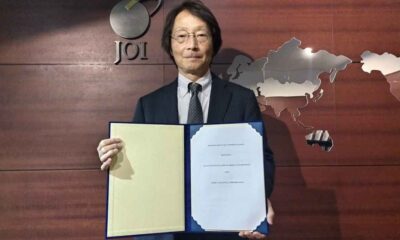
 Business4 days ago
Business4 days ago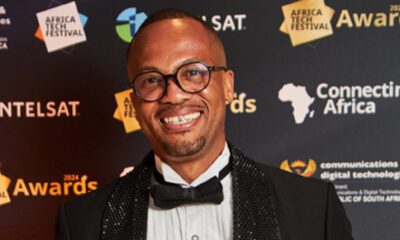
 Business4 days ago
Business4 days ago
